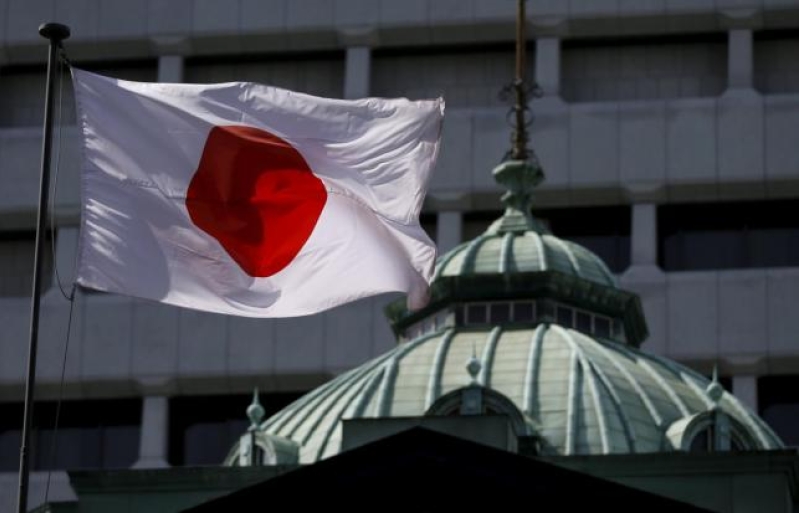
It's going to be history in the making as Japanese Prime Minister Shinzo Abe will be visiting Pearl Harbor this month, making him the first Japanese premier to visit the attack site as part of the 75th year commemoration rites this month.
Pearl Harbor is the island in Hawaii that served as a United States military base the Japanese bombed back during World War II. Abe will be joined by outgoing US President Barack Obama.
The visit comes in as a diplomatic response by Japan after Obama visited the Japanese island of Hiroshima with Abe earlier in May. Obama also became the first ruling president of the US to visit the island where two atomic bombs were dropped by the United States back in 1945 that pressured the Japanese wave the white flag.
"This visit is to comfort the souls of the victims. We'd like to send messages about the importance of reconciliation," Abe told reporters in Tokyo. The visit is scheduled on Dec 26 and 27 as a tribute to military troops from both sides who sacrificed with their lives for their countries during WWII.
The White House issued a statement sating that "the two leaders' visit will showcase the power of reconciliation that has turned former adversaries into the closest of allies, united by common interests and shared values."
"The meeting will be an opportunity for the two leaders to review our joint efforts over the past four years to strengthen the U.S.-Japan alliance, including our close cooperation on a number of security, economic, and global challenges," says Josh Earnest, White House press secretary.
Obama, during his visit to Hiroshima, called for an end to keeping nuclear weapons, especially those made as a weapon of mass destruction.
The Japanese launched a surprise attack on Pearl Harbor around 8am of Dec 7, 1941. The site was massively attacked by around 200 aircraft bombers for no less than 30 minutes. It immediately destroyed USS Arizona and scores of other naval carriers.
The day after the bombing, then US president Franklin D. Roosevelt went before Congress and declared war on Japan. The fighting went on for the next few years, until the US on August 15, 1945 dropped atomic bombs on the islands of Hiroshima and Nagasaki. This incident prompted the Japanese to surrender.
Back in August, during the eve of the 70th Anniversary of Japan's surrender, Abe expressed sympathies for those who died during WWII as a result of Japan's actions in the war.







